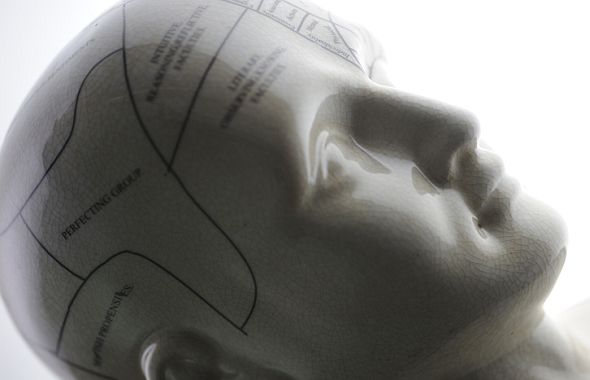Moral Biology: What, (if anything), Can the Mind Sciences Teach Us about Law and Morality?

Conference Description
In the “Introductory Lectures on Psychoanalysis,” Sigmund Freud famously suggested that humanity would suffer three great blows at the hand of science: “The first was when they learnt that our earth was not the center of the universe but only a tiny fragment of a cosmic system of scarcely imaginable vastness. This is associated in our minds with the name of Copernicus, though something similar had already been asserted by Alexandrian science. The second blow fell when biological research destroyed man’s supposedly privileged place in creation and proved his descent from the animal kingdom and his ineradicable animal nature. This revaluation has been accomplished in our own days by Darwin, Wallace and their predecessors, though not without the most violent contemporary opposition. But human megalomania will have suffered its third and most wounding blow from the psychological research of the present time which seeks to prove to the ego that it is not even master in its own house, but must content itself with scanty information of what is going on unconsciously in the mind.”
Today, many would disagree that psychoanalysis delivered that last blow, but research on evolutionary biology and the mind sciences threatens to provide it with force. This is the subject of this conference which brought together academics from law, economics, neuroscience, psychology, philosophy, and economics. We explored the question by focusing on 5 particular issues: Responsibility, Punishment, Addiction, Cooperation, and Racism.
Conference Schedule
Thursday, April 15, 2010
8:00 – 8:30am: Continental Breakfast
8:30 – 9:00am: Opening Remarks
- I. Glenn Cohen, Jon Hanson, Oliver Goodenough
9:00 – 10:30am: What Does Moral Biology Have to Say about Responsibility and Judgment?
- Nita Farahany – Neuroscience and Freedom
- Stephen Morse – Morality and Biology: The Inevitable Interaction
- Amanda Pustilnik – Moral Biology and Responsibility: All or Nothing?
- Don Braman – Some Realism about Punishment Naturalism
- Moderator: Dan Brock
10:30 – 10:45am: Break
10:45 – 11:00am: Welcome from Dean Martha Minow
11:00 – 12:30pm: Mind Sciences and Punishment
- Avani Sood – Psychological Underpinnings for Support for Terror in the Context of Interrogation
- Kurt Gray – Escaping Blame: Moral Typecasting and the Power of Victimhood
- Mark Alicke – Social Sanction and Legal Sanction: A Culpable Control Perspective
- Fiery Cushman – Two Functions of Morality
- Moderator: Jon Hanson
12:30 – 1:30pm: Lunch
1:30 – 3:00pm: Addiction/Intervention Paradigm
- Stephen Hyman – Neuroscience of Addiction
- Richard Bonnie – So What? Advances in Neurobiology of Addiction and Drug Policy
- Rita Goldstein – Lessons from Neuroimaging and Neuropsychology in Drug Addiction
- Moderator: Stephen Morse
3:00 – 4:15pm: Discussion
5:15 – 7:15pm: Public Panel
- Joshua Greene
- William Fitzpatrick
- Walter Sinnott-Armstrong
- Adina Roskies
- Moderator: I. Glenn Cohen
- Respondent: Tim Scanlon
Friday, April 16, 2010
8:00 – 9:00am: Breakfast
9:00 – 10:30am: Discussion: Biology and Cooperation
- Oliver Goodenough
- David Rand
- Kevin McCabe
- Moderator: Yochai Benkler
10:30 – 10:45am: Break
10:50 – 12:20pm: Discussion: Mind Sciences and Racism
- Nilanjana (Buju) Dasgupta
- Nalini Ambady
- Valerie Purdie‐Vaughns
- Curtis Hardin
- Moderator: Jon Hanson